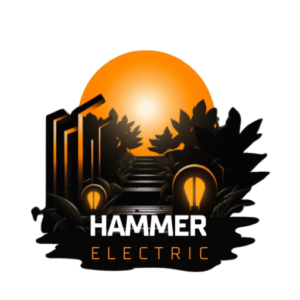Definition and Scope of Educational Technology
– Educational technology is the combined use of computer hardware, software, and educational theory and practice to facilitate learning.
– It encompasses learning theory, computer-based training, online learning, and m-learning.
– Educational technology can refer to instructional technology, technological tools and media, learning management systems, back-office management, and as an educational subject.
– It promotes a more diverse learning environment and helps students learn how to use technology.
– Educational technology is an inclusive term for tools, processes, and theoretical foundations that support learning and teaching.
History and Evolution of Educational Technology
– Educational technology has a long history, with the use of educational software dating back to the 19th century.
– It has evolved to include various tools and technologies that enhance learning.
– Virtual education and simulated learning opportunities have become popular forms of distance learning.
– The combination of adaptive learning, ubiquitous access to digital resources, and personalized instruction is known as smart learning.
Industry and Market of Educational Technology
– The EdTech industry includes privately owned companies involved in the financing, production, and distribution of educational technology.
– Many EdTech companies are US-based and rapidly expanding globally.
– EdTech aims to turn a profit by selling and automating educational products and services.
– The industry is part of the larger market rules and ownership structures.
– EdTech is a growing sector with significant market potential.
Disciplines and Domains of Educational Technology
– Educational technology draws on knowledge from various disciplines such as communication, education, psychology, sociology, artificial intelligence, and computer science.
– It encompasses domains like learning theory, computer-based training, online learning, and mobile learning.
– Learning management systems and education management information systems are important components of educational technology.
– Back-office management systems aid in logistics, budget management, and learning data storage and analysis.
– Educational technology is taught as a subject in computer studies or information and communications technology (ICT) courses.
Growth and Impact of Online Learning
– Online distance learning programs increased by 65% from 2002 to 2005.
– Greater flexibility and ease of communication between teacher and student are benefits of online distance learning.
– Quick lecture and assignment feedback is another advantage of online distance learning.
– In the 2006–2007 academic year, about 66% of postsecondary schools offered distance learning courses.
– Enrollment in for-credit courses with an online component accounted for 77% of total enrollment.
– The COVID-19 pandemic has accelerated the utilization of educational technology for online learning.
– Students growing up in the digital age have extensive exposure to various media.
– Major high-tech companies have funded schools to teach students through technology.
– More than 6 million students enrolled in at least one online course in the fall of 2015.
– Theoretical frameworks in educational technology include behaviorism, cognitivism, and constructivism.
– Synchronous and asynchronous learning are two approaches in online learning.
– Computer-based training (CBT) and collaborative learning are methods used in educational technology. Source: https://en.wikipedia.org/wiki/E-learning
Educational technology (commonly abbreviated as edutech, or edtech) is the combined use of computer hardware, software, and educational theory and practice to facilitate learning. When referred to with its abbreviation, "EdTech," it often refers to the industry of companies that create educational technology. In EdTech Inc.: Selling, Automating and Globalizing Higher Education in the Digital Age, Tanner Mirrlees and Shahid Alvi (2019) argue "EdTech is no exception to industry ownership and market rules" and "define the EdTech industries as all the privately owned companies currently involved in the financing, production and distribution of commercial hardware, software, cultural goods, services and platforms for the educational market with the goal of turning a profit. Many of these companies are US-based and rapidly expanding into educational markets across North America, and increasingly growing all over the world."
In addition to the practical educational experience, educational technology is based on theoretical knowledge from various disciplines such as communication, education, psychology, sociology, artificial intelligence, and computer science. It encompasses several domains including learning theory, computer-based training, online learning, and m-learning where mobile technologies are used.
